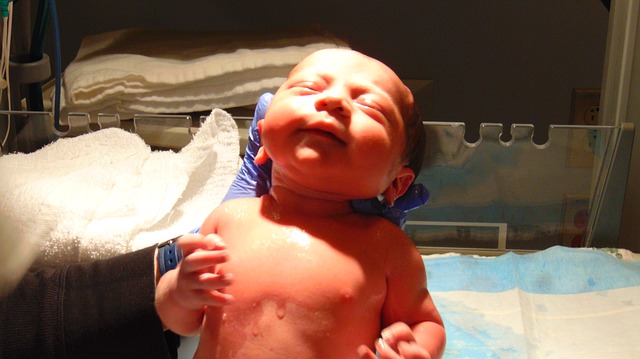More and more mothers are having Caesarean section births, and it’s having an effect on human evolution, scientists say. This is because more women have narrow pelvis sizes.
Researchers at the University of Vienna in Austria estimate that the number of cases where the baby is unable to fit through the birth canal has gone up from 30 in 1,000 in the 1960s to 36 in 1,000 now. Before, the genes that cause this would not have been passed on because both mother and child would have died during labor.
The researchers also predict that the trend is likely to continue and grow, but not to the extent that natural births will become a thing of the past. Philipp Mitteroecker from the Department of Theoretical Biology, said that in this regard, there has been a long-standing question in human evolution, the BBC reports.
“Why is the rate of birth problems, in particular what we call fetopelvic disproportion – basically that the baby doesn’t fit through the maternal birth canal – why is this rate so high?” he said.
Without modern medical intervention such problems often were lethal and this is, from an evolutionary perspective, selection. Women with a very narrow pelvis would not have survived birth 100 years ago. They do now and pass on their genes encoding for a narrow pelvis to their daughters.
The head of a human baby is larger compared to other primates, so chimps and apes have a relatively easier time giving birth. The question of why the human pelvis has not grown wider over time to accommodate birth has baffled scientists for years.
The research team used a mathematical model using data from the World Health Organization and other large-scale studies on birth. They found that babies are now larger and healthier, primarily because of Caesarean sections, making it all the more difficult for natural childbirth to occur.
Mitteroecker said, “One side of this selective force – namely the trend towards smaller babies – has vanished due to Caesarean sections. Our intent is not to criticise medical intervention. But it’s had an evolutionary effect.”
The study was published in the journal Proceedings of the National Academy of Sciences.
























